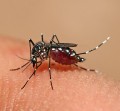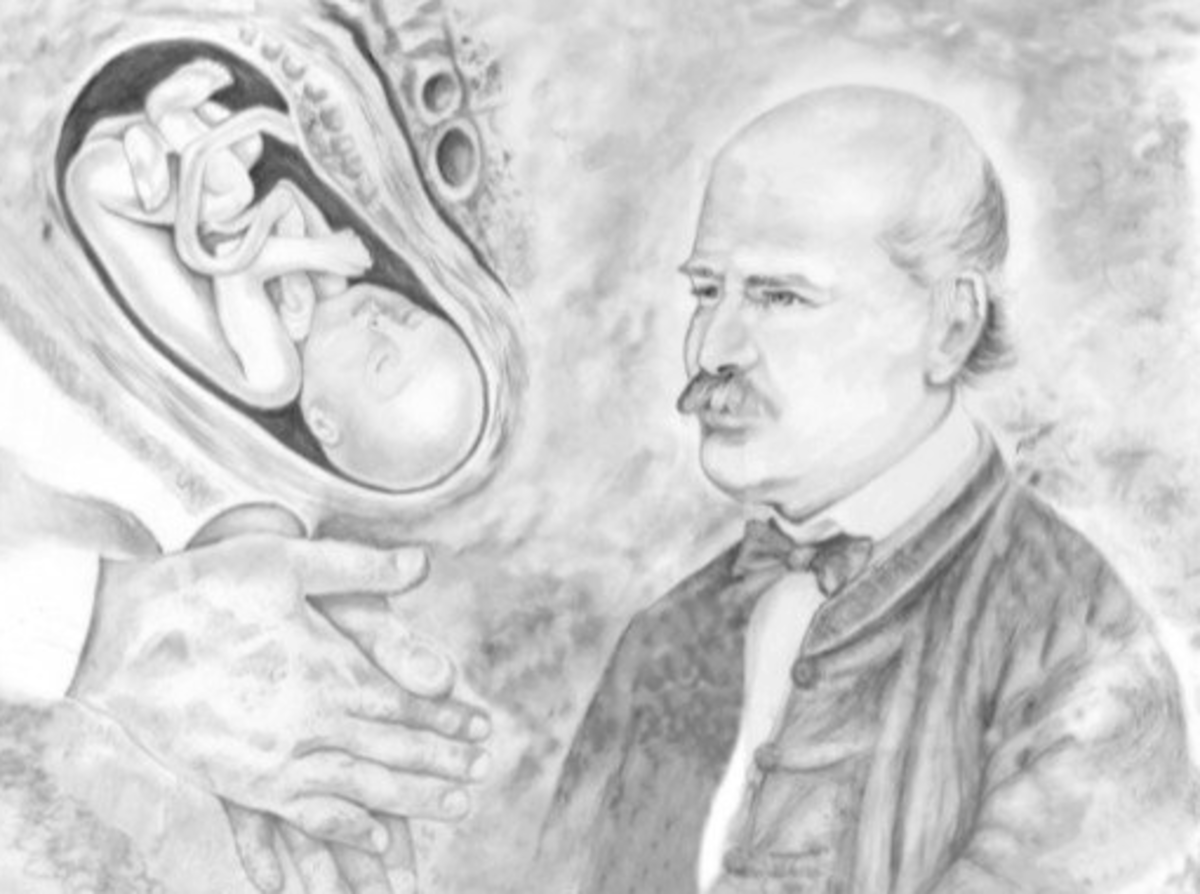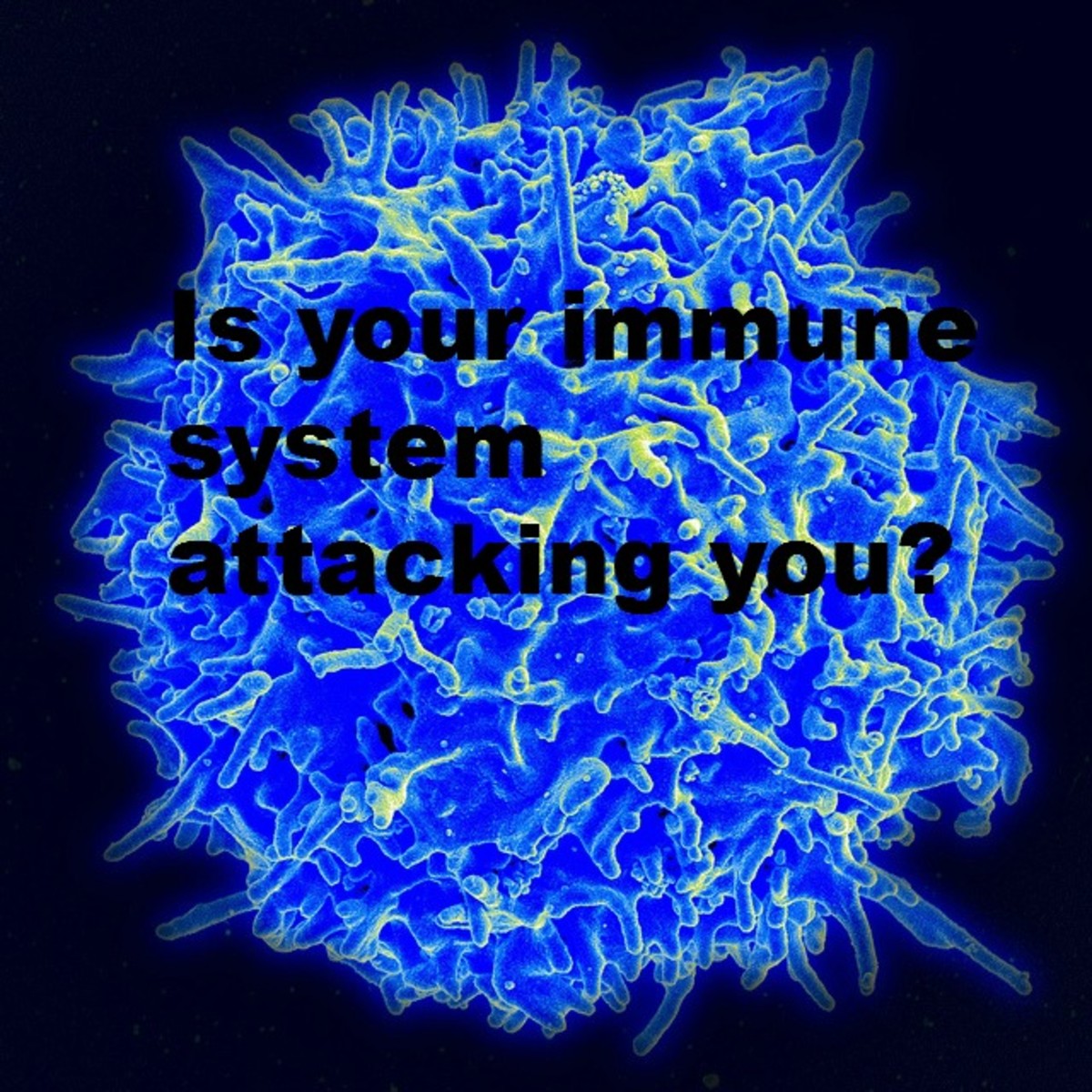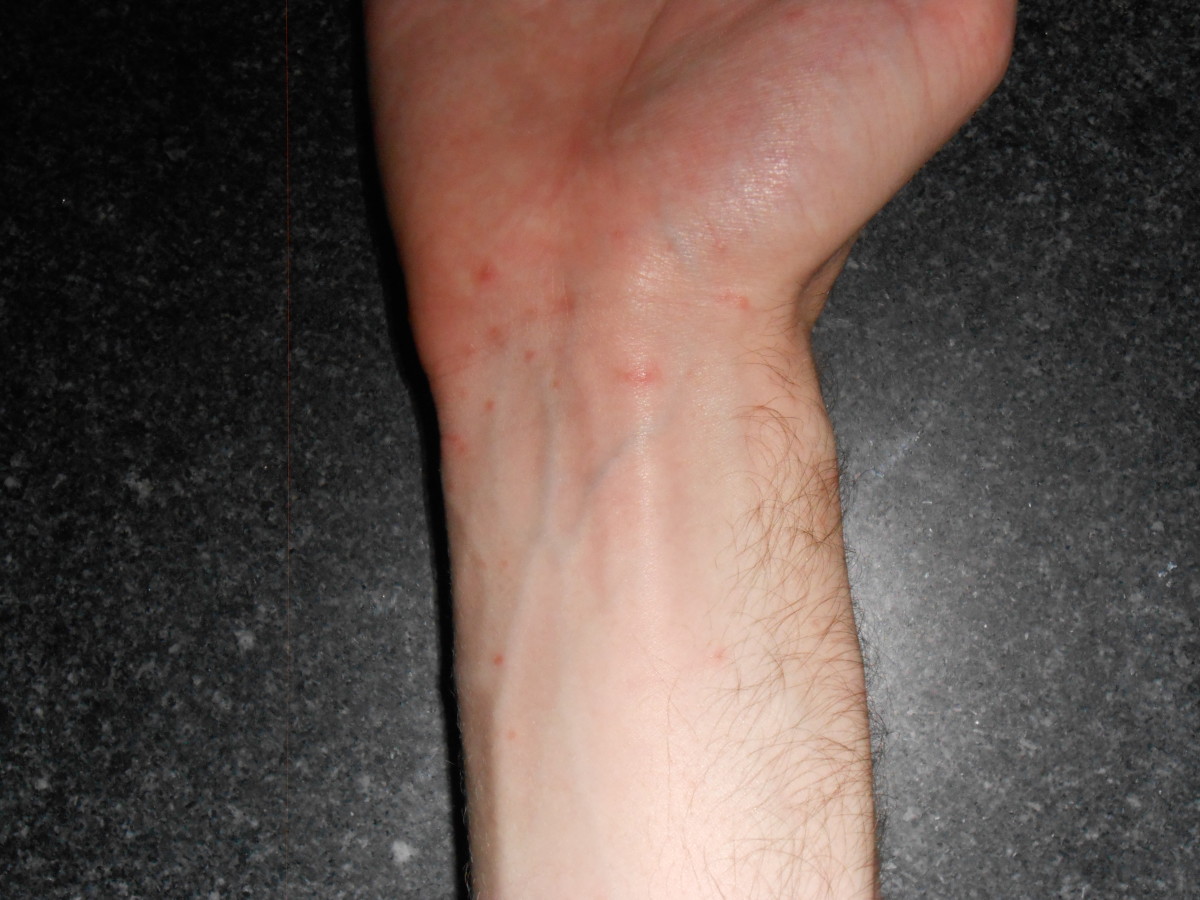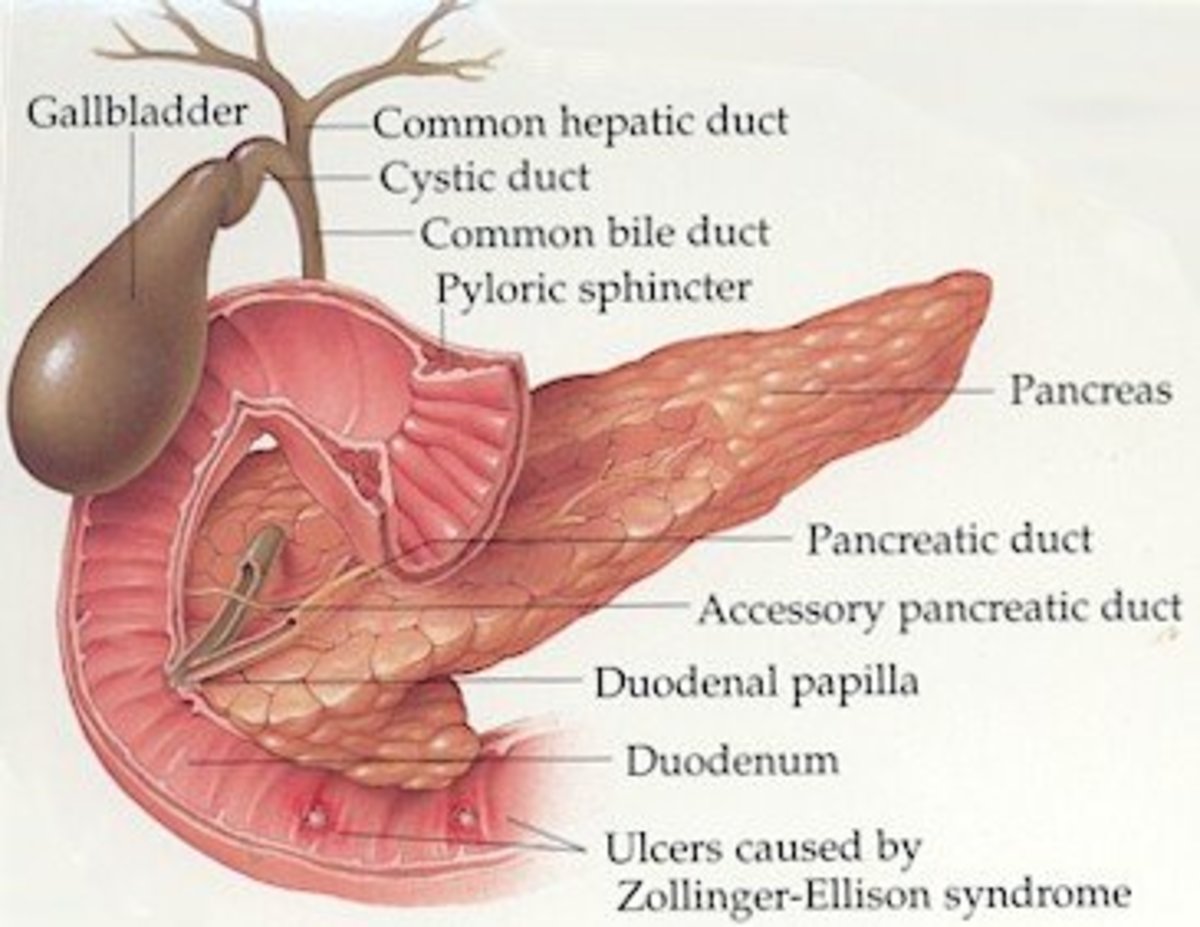After the Flood Comes Leptospirosis
The recent typhoons and the resulting floods in my country has brought with them another killer: Leptospirosis.
During the past two weeks, after Typhoon Ondoy and Typhoon Pepeng devastated my country, the leptospirosis cases have risen to 383, and this is just in Metro Manila alone! This is a grave cause for worry as there were 770 cases last year but this was for the whole year and for the whole country! These cases are expected to rise within the coming weeks or even months as reports from other regions or provinces are expected to come in and to be consolidated by our Department of Health. The situation was further aggravated when it was reported that the vials / medicines used to treat leptospirosis are rapidly being consumed and may run out in the days to come (this was reported in our local news station although I haven’t been able to verify this online).
Proper medication and timely treatment of this disease are crucial to fighting it off. But what exactly is leptopirosis? What are its symptoms and how can it be treated?

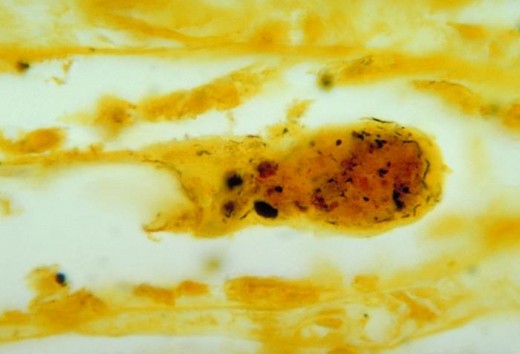
What is Leptospirosis?
Leptospirosis is also known as Weil’s disease, Weil’s syndrome, canicola fever, canefield fever, nanukayumi fever, hemorrhagic jaundice, infectious jaundice, mud fever, spirochetal jaundice, swamp fever, swineherd's disease, caver's flu, sewerman's flu or 7-day fever (among others). It is a bacterial infection that can affect humans and animals (such as dogs), as well. If it’s a mild case, the patient usually recovers after a few days. But if it is a serious one, the patient may die if not treated immediately.
What Is / Are Its Causes?
Leptospirosis in humans are caused by contact to the Leptospira interrogans bacterium shed by animals that are infected with the same disease. The usual culprit? Contact with urine from animals such as rats (the more common one here), cattle, pigs, dogs, horses and even wild animals. There are three ways by which humans acquire this disease: through drinking contaminated water or eating contaminated food, absorbing it through skin cuts or open wounds or absorbing it through the various mucous membranes in our body (such as the mouth and lungs). A note on the last way of acquiring this disease: sitting or standing beside a person who has leptospirosis will not transfer the infection to you. The risks for this one rise when you are inside areas where there’s a rise in water droplets (such as spray chambers). So among the three, the last one is the least likely to cause the spread of this disease.
What Are Its Symptoms?
Leptopirosis symptoms do not immediately manifest. There is what is called incubation period, which can range anywhere from 3 to 21 days, with most cases manifesting symptoms after 3 to 14 days (which will account for the sharp rise in the leptopirosis case in the country in so short a period after the flooding). In some cases, longer incubation periods were reported.
Once the incubation period ends, leptopirosis symptoms suddenly start. First symptoms may be anywhere from a severe headache, redness in the eyes, pain in the muscles, fatigue and nausea and a high fever (about 39 deg. C or 102 deg. F), or all of them. Vomiting may also be present due to the nausea while a rapid pulse may also be detected during the first few days. For young children, they may show an aversion to bright light or they may complain of feeling tired or depressed.
After a few days, rashes may come out. Sometimes these can be itchy. However, please note that rashes are not that common so the lack of rashes does not necessarily mean that there is no leptopirosis.
Another symptom may be a change in the patient’s behavior and personality. Patient may feel depressed or confused or psychotic. Some may even become violent.
Some Links to Leptopirosis
- Leptospirosis Information Center
Information and advice on leptospirosis for the general public, state agencies and medical professionals - Leptospirosis - Wikipedia, the free encyclopedia
Wikipedia's page on Leptopirosis
Links to My 'Typhoon' Hubs
- The Aftermath of Typhoon Pepeng (Typhoon Parma)
The good news was Typhoon Pepeng (International Name: Parma) skipped the capital and those areas ravaged by Typhoon Ondoy entirely. The bad (worse) news is that it completely devastated the northern part of... - Typhoon Ondoy and the Bayanihan Spirit
Two week-ends ago, my country experienced one of the worst flooding for the last 40 years. It was so bad that in some areas, the floods reached the roofs of several houses and cars, killed almost 300 people,... - Tropical Storm Ondoy Devastates the Philippines
On Saturday, September 26, 2009, the whole country was shocked to see on TV the devastation caused by Tropical Storm Ketsana (or Typhoon Ondoy). As early as Thursday, the usual warnings were already raised on...
Severe Cases
For mild cases, the patients usually recover after a few days. But for severe cases, the patients may go through a recovery phase for a few days, then the disease attacks again. During this time, the fever returns, there is pain in the abdomen and chest and psychological changes manifest again. Neck stiffness, vomiting, sore throat and dry cough are some of the other symptoms a patient may experience during this phase.
For the most severe cases, leptopirosis symptoms are rapid and severe. This type of cases results in damages to multiple organs such as the liver and kidney (which can occur within 10 days). These damages to organs may, in turn, cause jaundice and even death. Internal and external bleeding and heart infection are some of the more common symptoms for severe cases. If not treated properly and in a timely manner, the patient may very well die if he or she has this severe type of leptopirosis.
Can It Be Treated?
The good news is yes. Even for those with severe cases, there is still a good chance of survival. The key here is immediate identification and treatment of the disease. If you suffer some or most of the symptoms above and you have a gut feel that some things are really off (or if there was a recent flooding or some cases have already been found in your area), don’t hesitate and get your self to the hospital immediately. Getting that early diagnosis will mean getting an early treatment. Antibiotics are one of those medicines that may be immediately prescribed by the doctor. Some medications to treat the headache and the fever may also be prescribed. If there’s a need to support the functions of your internal organs, additional medications may also be prescribed. For more serious cases, hospitalization and hospital care are integral parts of the treatment and should not be delayed.
Can It Be Prevented?
Another question which can be answered with a yes. One way to prevent is simply to avoid contaminated water (easier said than done here when the flood rose to almost 20 ft.). Another way to prevent it is to wear protective gloves and boots when wading in water or working in an area with water. Swimming on contaminated bodies of water is definitely a no-no. Not eating contaminated food or not drinking contaminated water are also some of the preventive ways. Controlling the rat population within the vicinity is also a good way to prevent the spread of leptopirosis.
But what about what happened to my country? With the flood rising to very high levels and the inability to bring gears such as the gloves and the boots and to avoid wading in (the possible infected) flood water, the chances of avoiding leptopirosis are quite slim. The best way here is to be aware that leptopirosis is a common disease during floods (which is so very true in this instance) and to be aware of the symptoms. Once any of the symptoms manifest, do not think twice in consulting the doctor. Whatever the cause of the disease, or the severity of the disease, there is a high degree of probability that the patient will recover from the disease if leptopirosis is diagnosed early and the proper treatment is immediately administered to the patient.

